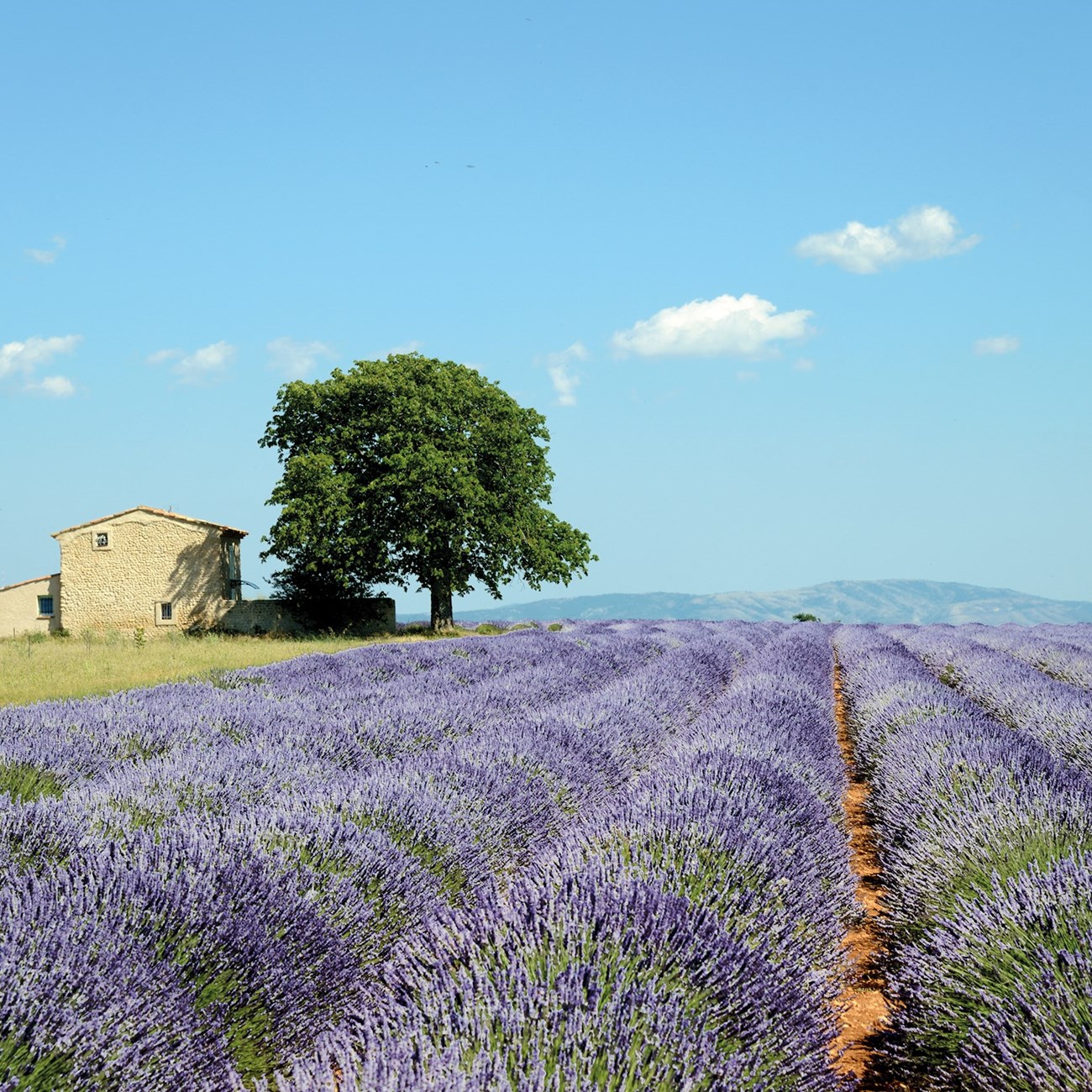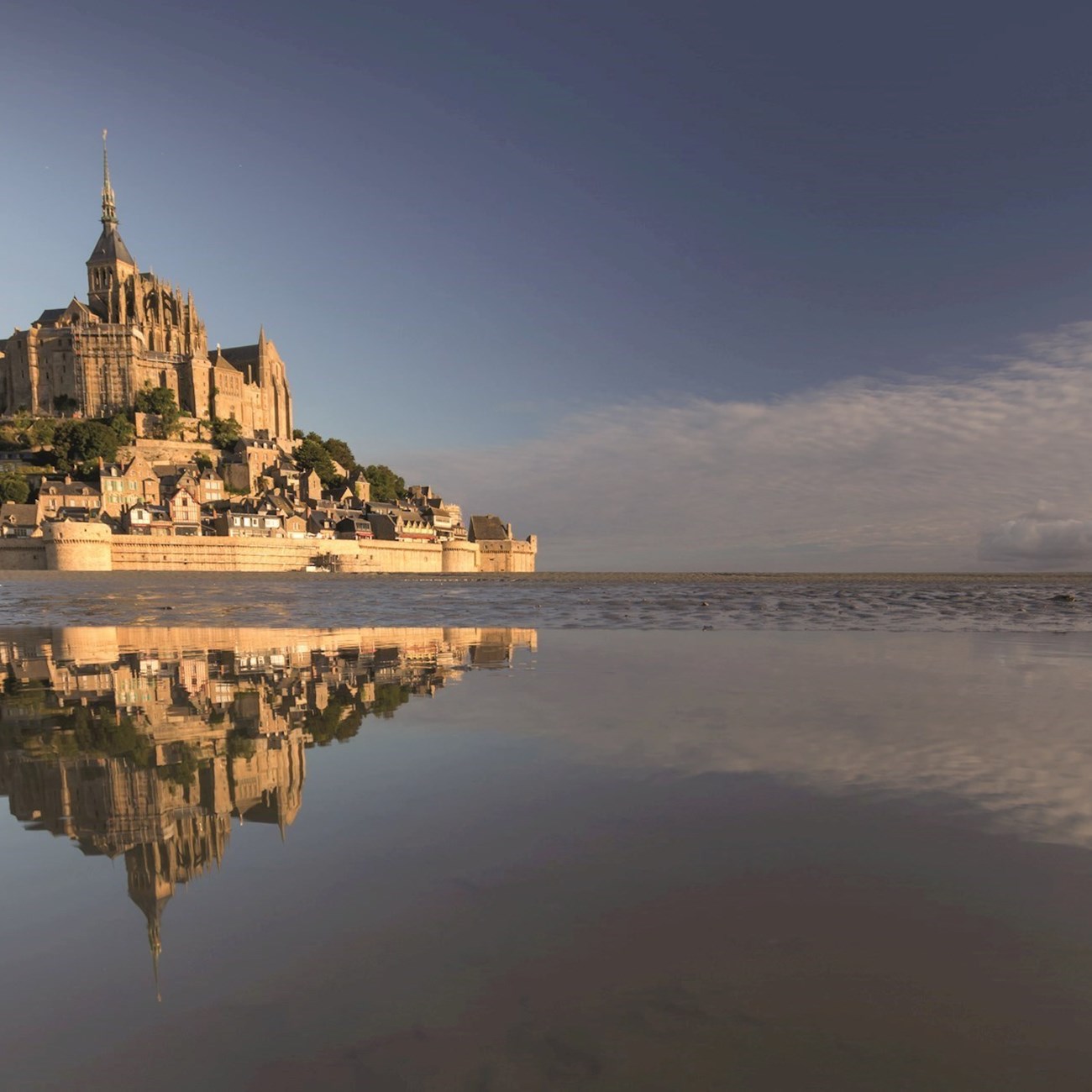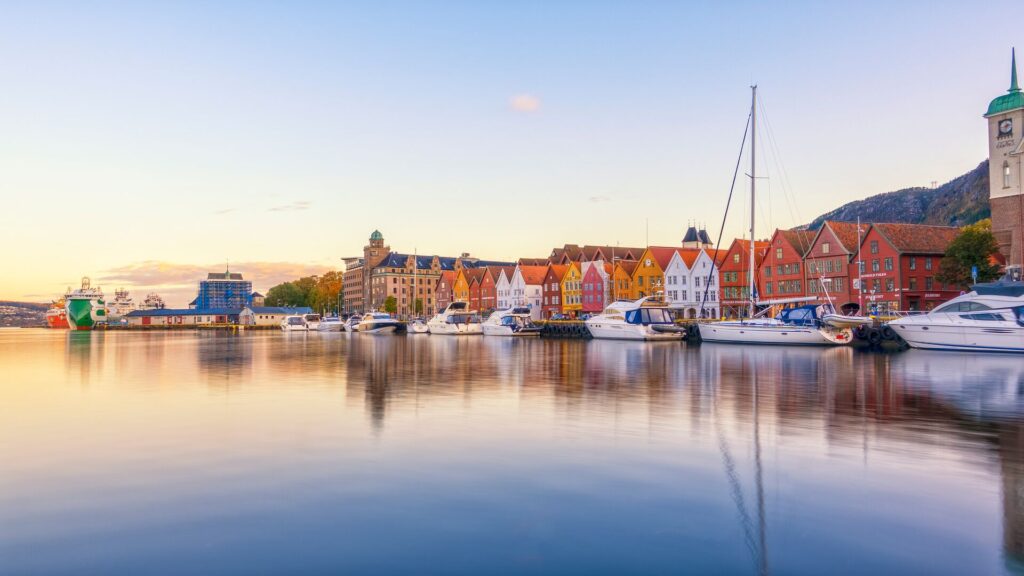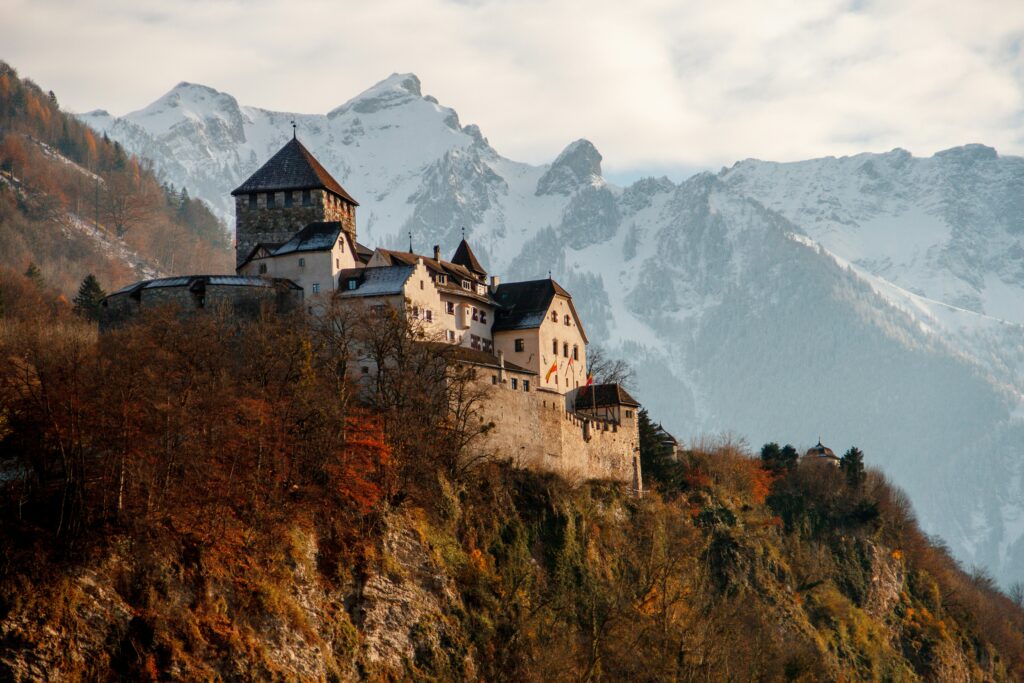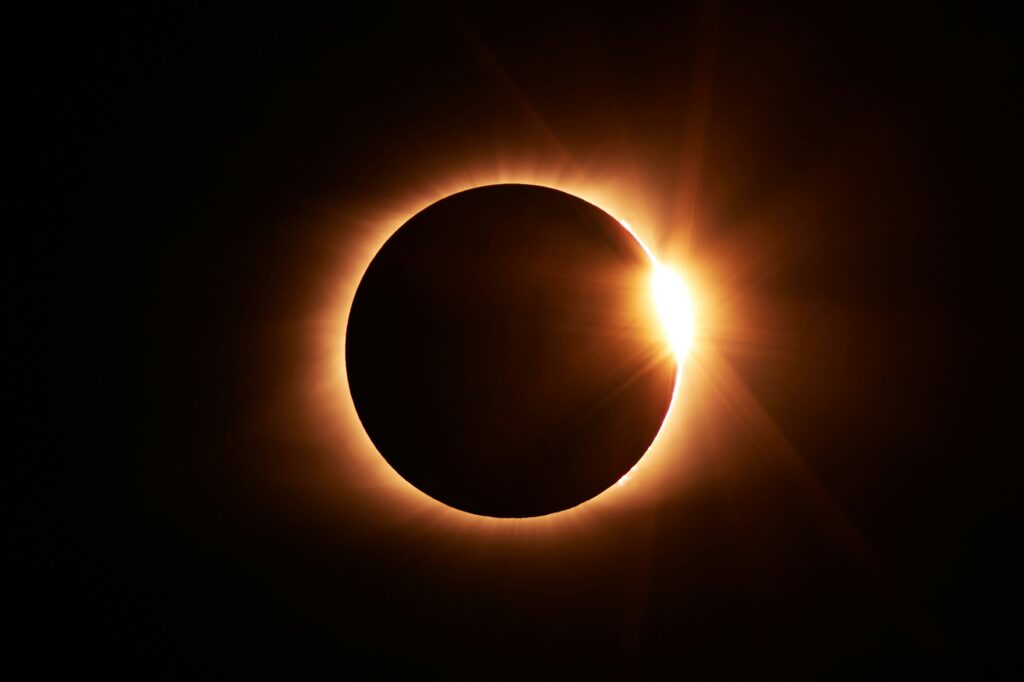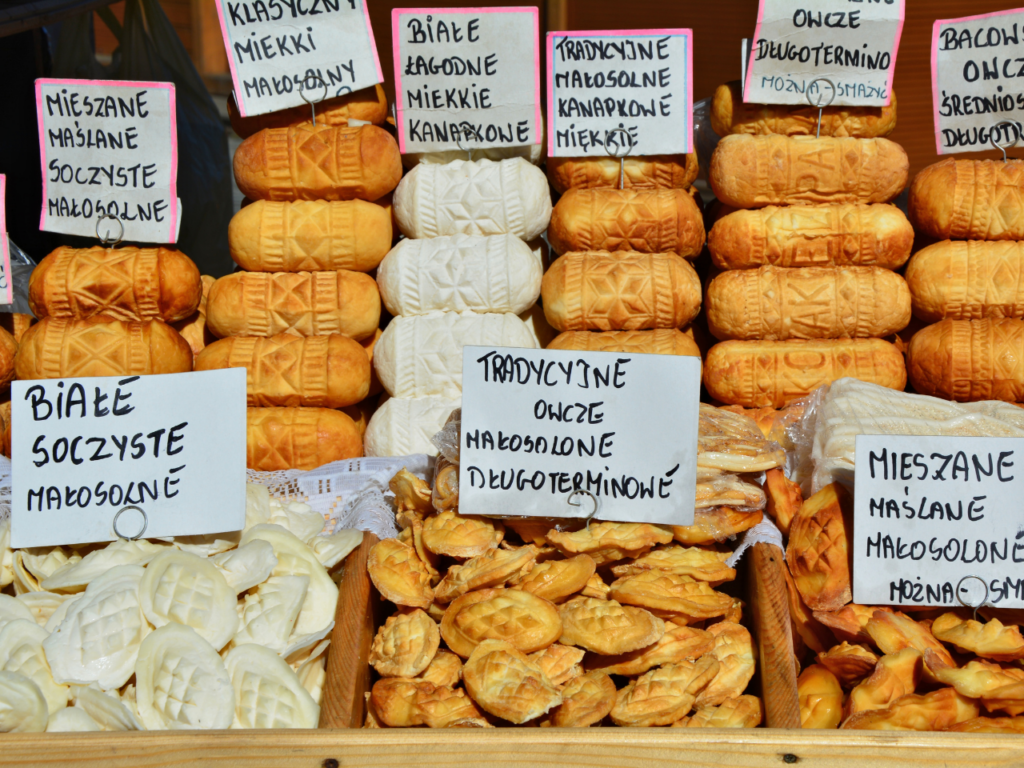How and Where to Celebrate Bastille Day in France
Bastille Day in France is a national holiday marking the Storming of the Bastille in Paris in 1789, a major event in the French Revolution. Formally known in French as Fête nationale française (French National Celebration), it is celebrated on July 14 each year.
The History of Bastille Day in France
Named after the storming of the Bastille prison on July 14 in 1789, the roots of Bastille Day in France lie in political freedom and resistance against oppression, as typical of the French spirit. While the Bastille prison at the time was barely a strong operation, housing only seven prisoners, it served as a physical symbol of the Bourbon Monarchy’s tyranny. Through the Bastille’s storming and release of its prisoners, as well as the capture of the gunpowder and arms stored inside, the disgruntled mob created a symbol of their own: a defiant stand against the Bourbon Monarchy and the catalyst needed for the French Revolution.
“Is it a revolt?” King Louis XVI asked his minister. “No my sovereign, it is a revolution.”
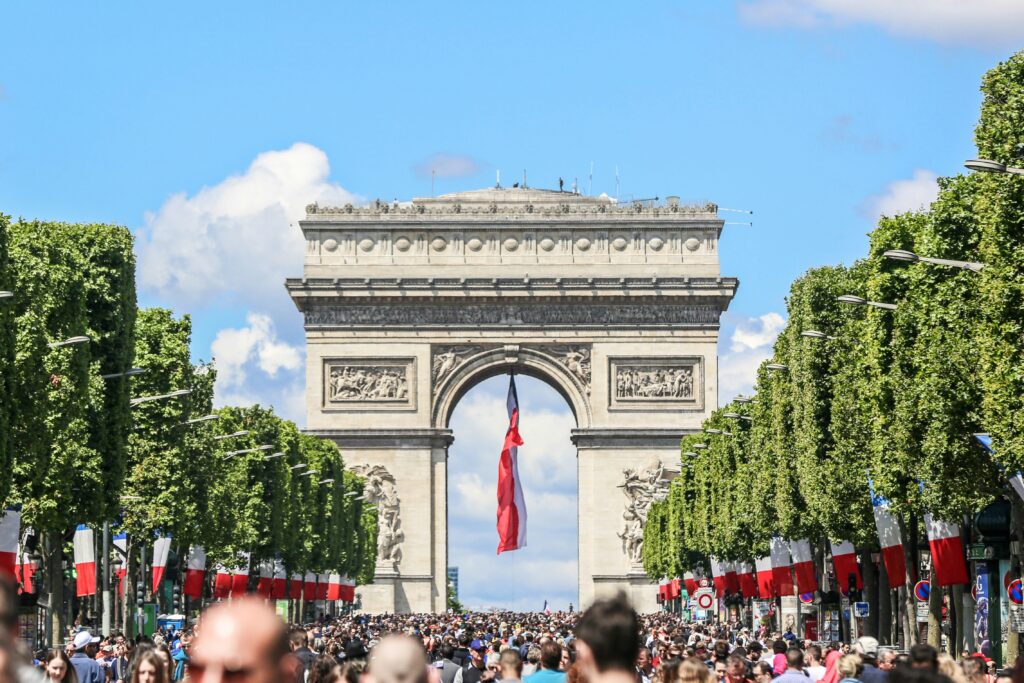
Bastille Day Celebrations Around the World
Francophiles around the world tend to celebrate with French-themed dinner parties, food and music, while ex-colonies and former French settlements also pay homage. The Midwest city of Milwaukee celebrates its history as a French fur trapping station by putting on a four-day festival with Bastille storming reenactments, parades and markets. South Africa’s Franschhoek, an early French settlement, hosts a festival where attendees paint themselves with the Tricolore and enjoy a parade and barrel rolling competitions. In Frenchtown, St. Thomas, the day is celebrated to honor local French immigrants with the grand Bastille Day Kingfish Tournament, alongside live music and face painting.
While the whole world celebrates, there’s no better place to get a real taste of that revolutionary spirit than in France itself.
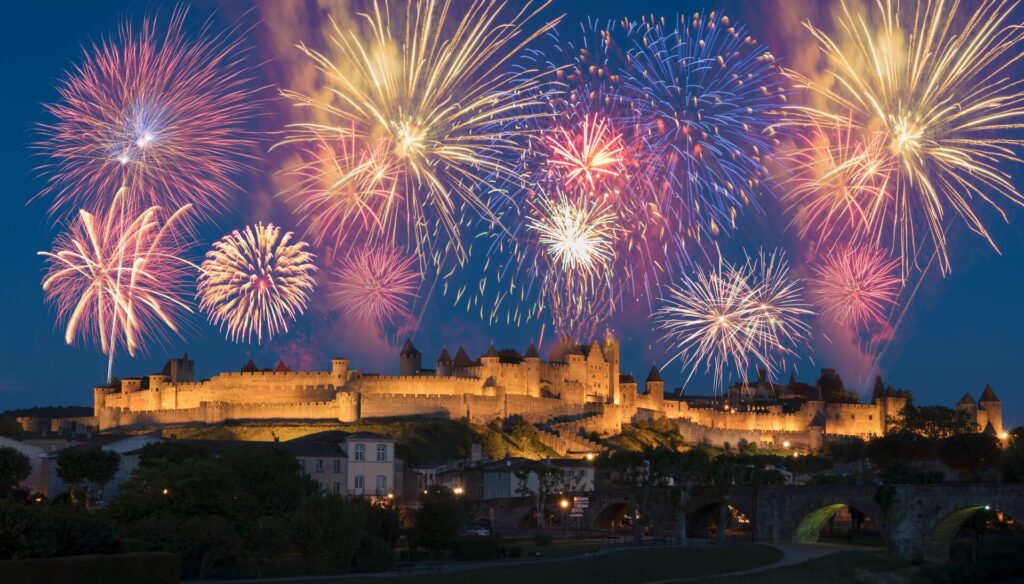
How to Celebrate Bastille Day in France
To start, you shan’t call it ‘Bastille Day’ while on French soil, unless you’d like to face confused looks and raised eyebrows. Known nationally as Fête nationale française, or French National Day, it is celebrated throughout the country in every city, town and commune.
Being a national holiday, French revelers will enjoy a day off work, and subsequently go out to party the night before. The day of the 14th involves parades in local town centers, though many spend the day sleeping in as if a typical Sunday. Families and friends often take a picnic with bread, cheese, and maybe even a bit of champagne. Restaurants serve specific quatorze juillet menus and the parks are filled with locals playing pétanque. There are varying festivities often with dancing, firework displays, and special illuminations.
While in France, you’ll want to meet others to share the fun. It’s easier to do so on a guided tour, where you’ll travel with like-minded people to celebrate the Bastille Day festivities – like on our Normandy, Brittany & The Loire Valley tour. You’ll also learn about the history and context of Fête nationale française from a Local Specialist, who knows the culture inside out.
Bals de Pompiers (Firemen’ Balls)
On the evening of July 13, as well as the 14th in Paris, fire stations across the country open their doors for an all-night soirée. These bals des pompiers (firemen’s balls) are staffed by real firemen in their uniforms. Packed with food stalls, live bands and bouncing dancefloors, the fire stations are completely transformed into festive venues. Revelers dance all night heavily fueled by champagne, often served by the adored pompiers themselves. The money spent is put to funding the fire stations and therefore these bals have a local, communal joviality to them. This idiosyncratic tradition has become as intrinsic to the National Day as the military parades marching through the town centers.
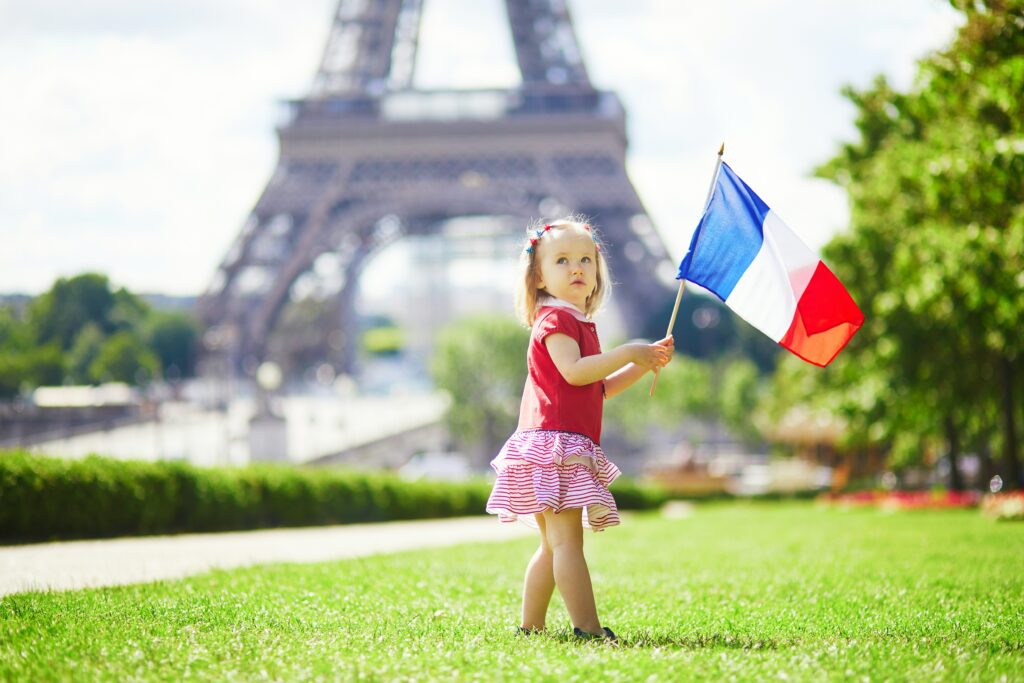
Bastille Day in Paris
Speaking of military parades – these may take place throughout the country, but all pale in comparison to the nationally televised spectacle marching down Paris’s Champs-Elysées on the morning of July 14. The booming theme of La Marseillaise is sure to instill imperial awe, further accompanied by fly-overs and proud displays of military pageantry; the parade boastfully proves its renown for being the oldest and largest military parade in Europe. To experience this firsthand, get there at least an hour before the 11 AM festivities start.
The famous Eiffel Tower fireworks add to the explosive revelry, filling the sky with a dramatic display that dances around the iconic tower, often lit up in the red, white, and blue of the Tricolore. Venture down to the Champ de Mars for a free music concert beginning around 9 PM, with fireworks beginning shortly after.
SAVE UP TO $2,000 PER COUPLE* ON YOUR FIRST PREMIUM TOUR.
Plus receive latest offers, travel inspiration, and discover how your travels will make a positive impact. Together, WE MAKE TRAVEL MATTER®. Subscribe NowVisit Museums and Galleries for Free
Major museums and galleries in Paris also take part in the festivities, making all visits free for the day. Enjoy gratis admissions to the Louvre, Musée d’Orsay and Chateau de Versailles, which may even be crowd-free seeing as most will be gathering outside to see the parade.
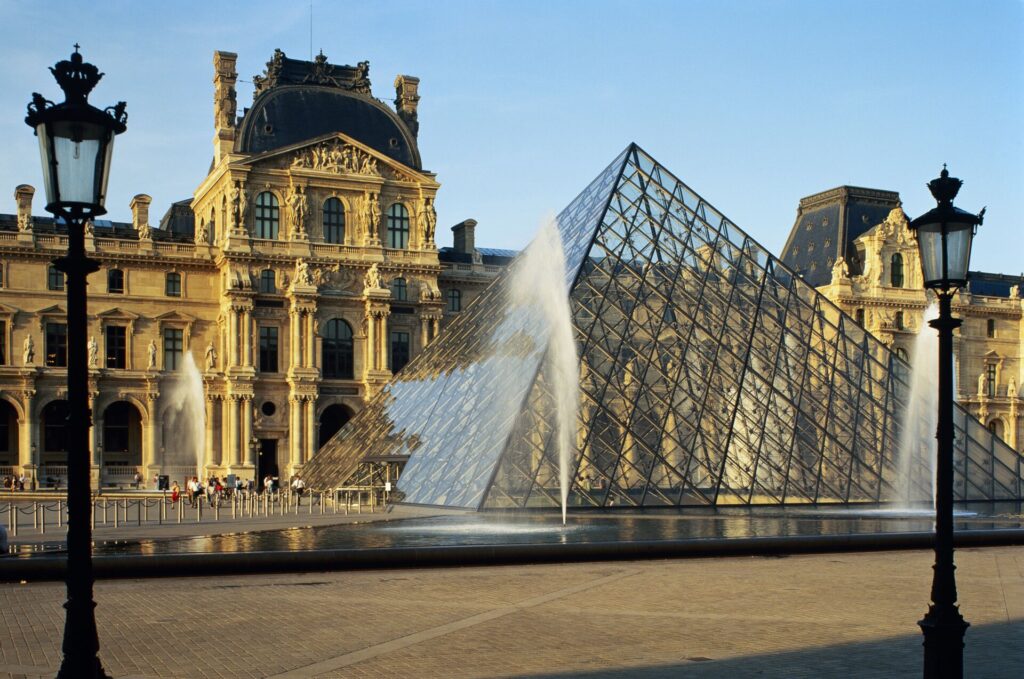
The Truth of Modern Bastille Day
‘Bastille Day’ is a name only used internationally and not in France, and this discrepancy reflects the holiday’s modern standing. Revolutionary symbols in France border on controversial and risqué, as shown by the recent Yellow Vests movement. Awareness of Fête nationale française’s seditious history has muddied slightly, causing an ambiguity that has ultimately helped it endure, as it has allowed for flexible interpretation.
One can project one’s own values onto the national holiday; it can be about revolution and resistance, or it can mean national unity and consolidation, and then there’s everything in between. For many, it is nothing more than a day off work and time with family and friends, with the day’s history serving merely as an intriguing, but unnecessary complexity.
Take a Guided Tour for Bastille Day
While it’s possible to do your own research, experiencing Bastille Day in France is best with local experts who know the ins and outs. Our Local Specialists take you to the most culturally significant locations throughout France and in the capital, putting Bastille Day into context. Take a look at our Normandy, Brittany & The Loire Valley premium tour for a magnificent journey through France.
LIKED THIS POST? SHARE WITH YOUR COMMUNITY
